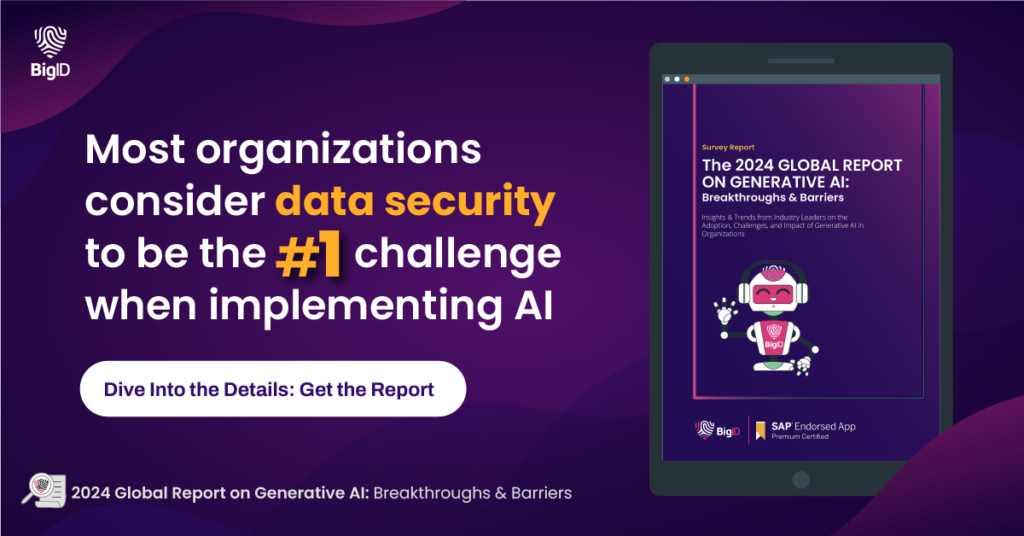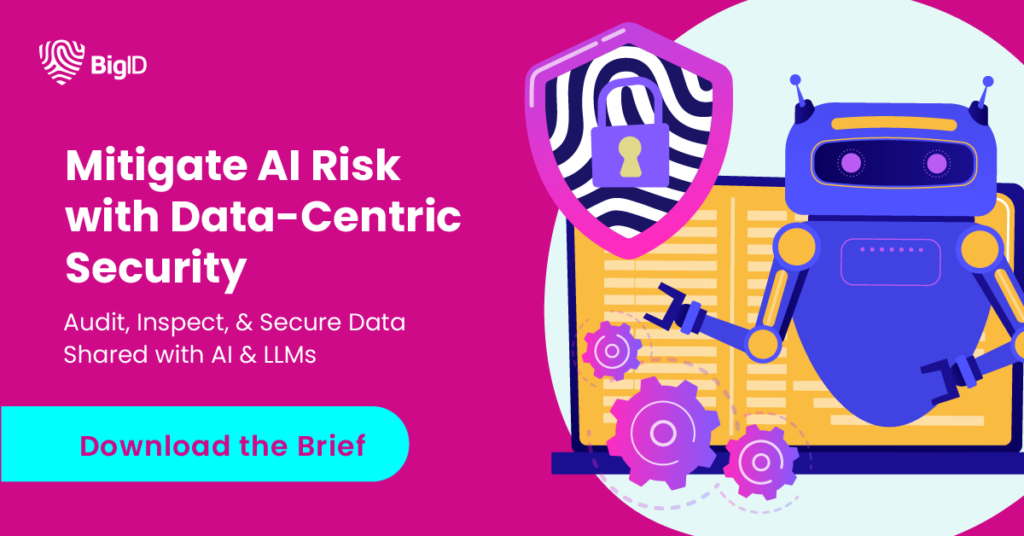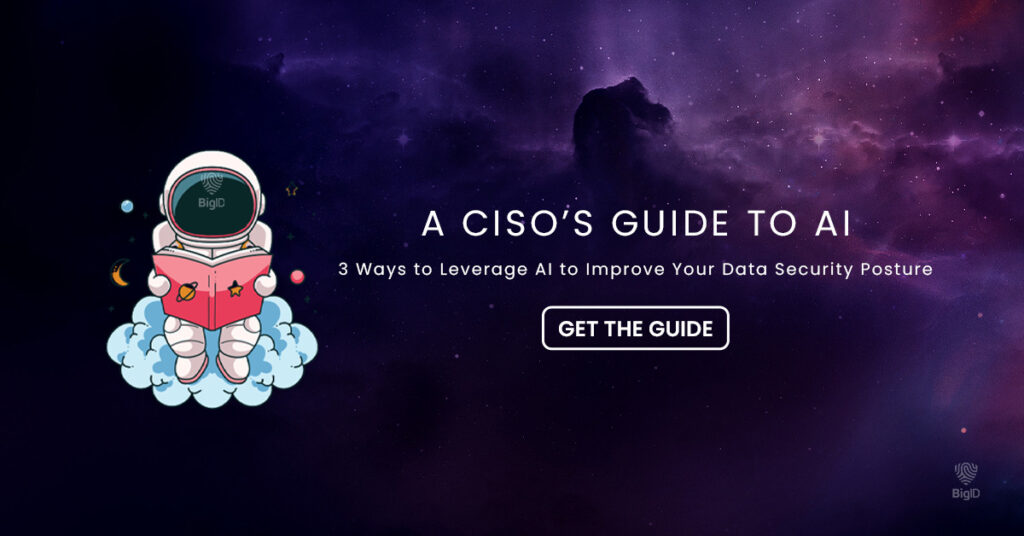AI TriSM: The Future of AI
In the fast-paced world of technology, the need for efficient service management is paramount. Enter AI TriSM, the cutting-edge approach poised to revolutionize how organizations handle their services. But what exactly is AI TriSM, why is it important, and how should businesses adapt to this innovative framework? Let’s delve into the details.
What is AI TriSM?
AI TriSM, short for Artificial Intelligence-enabled Service Management, combines the power of AI with traditional service management practices. It aims to enhance service delivery, improve efficiency, and optimize resource utilization through intelligent automation and data-driven insights.
Why is AI TriSM Important?
The significance of AI TriSM lies in its ability to streamline service management processes across various industries. By leveraging AI algorithms, organizations can automate repetitive tasks, predict potential issues before they arise, and provide proactive solutions to customers. This not only improves operational efficiency but also enhances customer satisfaction and loyalty.
According to a study by Gartner, organizations that deploy AI in their service management processes can reduce operational costs by up to 30% while increasing productivity by 40%.
AI TriSM Challenges and Updates
Despite its promising benefits, AI TriSM also faces challenges, including data privacy concerns, ethical considerations, and the risk of algorithmic bias. Organizations need to address these challenges by implementing robust data governance frameworks, ensuring transparency in AI decision-making processes, and regularly auditing AI models for fairness and accuracy.
In terms of new updates, AI TriSM is constantly evolving with advancements in AI technologies. From natural language processing for improved customer interactions to predictive analytics for better resource allocation, organizations are continuously integrating new AI capabilities into their service management practices.

AI Security & Privacy Risks
Like any transformative technology, AI TriSM comes with its own set of risks and challenges. Some of the key risks associated with AI TriSM include:
Data Privacy and Security
AI TriSM relies heavily on data to train algorithms and make informed decisions. However, this reliance on data raises concerns about data privacy and security. Organizations must ensure compliance with data protection regulations such as GDPR (General Data Protection Regulation) and implement robust security measures to safeguard sensitive information from unauthorized access or breaches.
Ethical Considerations
AI TriSM algorithms may inadvertently perpetuate biases present in the data used for training, leading to unfair or discriminatory outcomes. Organizations must be vigilant in detecting and mitigating bias in AI models to ensure fair and equitable treatment for all stakeholders.
Algorithmic Transparency and Accountability
The complexity of AI algorithms used in TriSM may result in a lack of transparency and understanding of how decisions are made. This opacity can undermine trust and raise questions about accountability. Organizations must strive for transparency in their AI TriSM implementations, providing explanations for AI-generated recommendations and decisions to users and stakeholders.
Dependency and Overreliance
Overreliance on AI TriSM systems without human oversight can lead to complacency and diminished human decision-making capabilities. Organizations should maintain a balance between AI automation and human judgment, ensuring that humans remain in control and can intervene when necessary.
Technical Challenges
AI TriSM implementations may encounter technical challenges such as algorithmic complexity, scalability issues, and integration with existing systems. Organizations must invest in skilled personnel and robust infrastructure to overcome these challenges and ensure the smooth functioning of AI TriSM initiatives.
Regulatory Compliance
The deployment of AI TriSM may be subject to regulatory scrutiny and compliance requirements in various jurisdictions. Organizations must stay abreast of evolving regulatory landscape surrounding AI technologies and ensure adherence to relevant laws and regulations to mitigate regulatory risks.
Addressing these risks requires a proactive and holistic approach, encompassing robust governance frameworks, ethical guidelines, ongoing monitoring and evaluation, and stakeholder engagement. By recognizing and mitigating these risks, organizations can maximize the benefits of AI TriSM while minimizing potential pitfalls.

AI TriSM Security Controls
Implementing robust controls is essential to mitigate risks associated with AI TriSM and ensure responsible and effective deployment. Here’s a detailed explanation of the key controls needed or those already in place with AI TriSM:
Data Governance
Effective data governance is fundamental to AI TriSM. This includes establishing clear policies and procedures for data collection, storage, usage, and disposal. Organizations need to ensure data quality, integrity, and privacy throughout the AI TriSM lifecycle. Controls such as data encryption, access controls, and data anonymization techniques help safeguard sensitive information and comply with regulatory requirements.
Algorithm Transparency and Explainability
To enhance trust and accountability, AI TriSM systems must provide transparency and explainability regarding their decision-making processes. Controls such as model documentation, audit trails, and interpretability techniques enable stakeholders to understand how AI models reach conclusions and assess their reliability and fairness. Explainable AI methods, such as feature importance analysis and model-agnostic interpretability techniques, help demystify AI TriSM outputs and facilitate human oversight.
Bias Detection and Mitigation
AI TriSM algorithms may inadvertently perpetuate biases present in training data, leading to unfair or discriminatory outcomes. To address this risk, organizations need to implement controls for bias detection and mitigation. This includes conducting bias assessments, diversity audits, and fairness evaluations to identify and rectify bias in AI models. Techniques such as fairness-aware training, bias mitigation algorithms, and diverse dataset sampling help mitigate bias and promote equity in AI TriSM decision-making.
Human Oversight and Intervention
Despite the automation capabilities of AI TriSM, human oversight and intervention are crucial to ensure ethical and responsible deployment. Organizations should establish controls for human-in-the-loop processes, enabling human experts to review and override AI-generated recommendations when necessary. Human oversight mechanisms, such as escalation procedures, exception handling protocols, and decision support tools, help maintain control and accountability in AI TriSM operations.
Regulatory Compliance
Compliance with relevant laws, regulations, and industry standards is imperative for AI TriSM implementations. Organizations need to establish controls for regulatory compliance, including legal reviews, risk assessments, and compliance monitoring. Controls such as impact assessments, regulatory gap analysis, and documentation of legal obligations help ensure alignment with data protection, privacy, and ethical guidelines governing AI TriSM activities.
Continuous Monitoring and Evaluation
Ongoing monitoring and evaluation are essential to assess the performance, effectiveness, and impact of AI TriSM systems. Organizations should implement controls for continuous monitoring, including performance metrics tracking, anomaly detection, and feedback mechanisms. Regular audits, reviews, and assessments enable organizations to identify potential issues, measure compliance with controls, and drive continuous improvement in AI TriSM initiatives.
Ethical Guidelines and Governance Frameworks
Establishing clear ethical guidelines and governance frameworks is critical to guide responsible AI TriSM practices. Organizations should develop controls for ethical decision-making, including ethical principles, codes of conduct, and ethical review boards. Ethical impact assessments, stakeholder engagement, and ethical training programs help foster a culture of ethics and accountability within organizations.
By implementing these controls, organizations can effectively manage risks associated with AI TriSM and ensure its responsible and ethical deployment to realize its full potential in transforming service management practices.
Frameworks for AI TriSM Implementation
To successfully adopt AI TriSM, organizations should follow a structured approach:
- Assessment: Evaluate existing service management processes and identify areas where AI can add value.
- Data Preparation: Ensure data quality and accessibility for AI algorithms to generate meaningful insights.
- Model Development: Develop AI models tailored to specific service management tasks, such as incident resolution, demand forecasting, and resource allocation.
- Integration: Integrate AI capabilities into existing service management systems, ensuring seamless interoperability and user adoption.
- Monitoring and Optimization: Continuously monitor AI performance, gather feedback, and optimize models to adapt to changing business needs and customer requirements.
How Organizations Should Approach AI TriSM
Organizations embarking on the AI TriSM journey should prioritize collaboration between IT and business stakeholders, foster a culture of innovation and experimentation, and invest in employee training to ensure a smooth transition to AI-enabled service management.
Moreover, it’s essential to engage with AI TriSM vendors and partners who have domain expertise and a track record of successful implementations. By leveraging external expertise and resources, organizations can accelerate their AI TriSM initiatives and achieve tangible business outcomes more effectively.
The Future of AI TriSM
The future of AI TriSM holds exciting possibilities for revolutionizing service management practices across industries. Here’s a simplified overview of what we can expect:
Advanced Automation
AI TriSM will continue to advance automation capabilities, enabling organizations to streamline repetitive tasks, improve efficiency, and deliver faster and more responsive services. Through sophisticated AI algorithms, processes such as incident resolution, ticket routing, and resource allocation will become increasingly automated, freeing up human resources for more strategic and complex tasks.
Predictive Insights
AI TriSM will leverage predictive analytics to anticipate and preempt service disruptions, enabling organizations to adopt a proactive approach to service management. By analyzing historical data and patterns, AI TriSM systems will forecast potential issues before they occur, allowing organizations to take preventive measures and minimize downtime, thereby enhancing service reliability and customer satisfaction.
Personalized Service Delivery
AI TriSM will enable organizations to personalize service delivery based on individual customer preferences, behaviors, and needs. Through advanced data analytics and machine learning, AI TriSM systems will tailor service offerings, recommendations, and support channels to match the unique requirements of each customer, enhancing customer engagement and loyalty.
Augmented Decision-Making
AI TriSM will augment human decision-making processes by providing real-time insights, recommendations, and contextual information. Through natural language processing and conversational AI interfaces, AI TriSM systems will empower service agents and business users to make informed decisions, resolve complex issues, and collaborate more effectively, ultimately driving better outcomes for both organizations and customers.
Ethical and Responsible AI
As AI TriSM becomes more pervasive, there will be a growing emphasis on ethical and responsible AI practices. Organizations will prioritize transparency, fairness, and accountability in AI TriSM deployments, implementing robust governance frameworks, ethical guidelines, and oversight mechanisms to ensure that AI systems operate ethically and align with societal values and expectations.
Collaborative Ecosystems
The future of AI TriSM will be characterized by collaborative ecosystems, where organizations collaborate with AI vendors, partners, and industry consortia to co-create innovative solutions and share best practices. By leveraging collective expertise and resources, organizations will accelerate AI TriSM adoption, drive interoperability, and unlock new opportunities for value creation and differentiation.
BigID’s Approach to AI TriSM
The future of AI TriSM holds immense potential for transforming service management practices, driving operational excellence, and delivering superior customer experiences. As organizations begin to embrace AI TriSM technologies and methodologies, they need flexible solutions tailored to their individual needs. BigID is the industry leading platform for data privacy, security, compliance, and AI data management that utilizes advanced machine learning and deep data discovery.
With BigID you can:
- Discover Data: Discover and catalog your sensitive data, including structured, semi-structured, and unstructured – in on-prem environments and across the cloud.
- Gain Complete Visibility: Automatically classify, categorize, tag, and label sensitive data with unmatched accuracy, granularity, and scale to build a cohesive data inventory to prepare for regulatory audits.
- Mitigate Data Access Risk: Proactively monitor, detect, and respond to unauthorized internal exposure, use, and suspicious activity around sensitive data.
- Streamline Remediation: BigID helps to define the remediation actions to provide audit records with integration to ticketing systems like Jira for seamless remediation workflows.
- Achieve Compliance: Automatically meet security, privacy, and AI compliance and frameworks globally, wherever data resides.
Book a 1:1 demo with our data and AI experts to see how BigID can help accelerate your organization’s initiative today.


